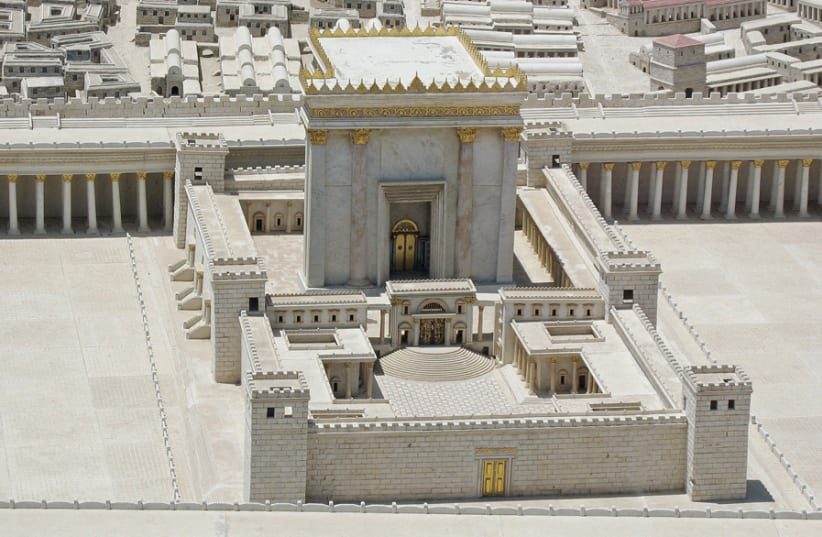By 68 CE, the revolt was heading downhill. This is in stark contrast to the well-organized and partial success sixty years later of the Bar-Kochba rebellion. In this first revolt, the Zealot leadership against Rome was fractured and the rebels fought each other for control. The Romans besieged the holiest Jewish city. They waited for the collapse of the rebels. Rabban Yohanan must have realized that the situation was hopeless. According to rabbinic sources, Vespasian awarded Yavne as gratitude for Yohanan’s prediction that the general would soon be emperor. Josephus makes the same claim for a prediction – we can argue who made the prediction but it is futile. Rabban Yohanan bravely found his way out of Jerusalem in a coffin carried by his disciples. And he saved Judaism after the Romans razed Jerusalem and destroyed the Temple. Without Yavne and its successors in the Galilee it is hard to believe that Judaism would survive the destruction of the Second Temple. The Temple was the religious, political, economic
and social center of the Jews of the ancient Land of Israel. What would replace it?
As for sparing Jerusalem, that is ridiculous. The capital city was the nerve center of the resistance and there is no way the Romans could be victorious without destroying it. To expect Rabban Yohanan to ask for Rome to spare Jerusalem is ludicrous. While this was an early period in rabbinic class and organization, this early rabbi envisioned a rabbinate which would one day control Jewish life throughout the Land of Israel and the Diaspora. This was a bold prophecy because it took hundreds of years for the rabbis to exert that amount of control.
As for Yavne, rabbinic texts from generations later exaggerate the importance of the coastal town. It is taught that in 80 CE the rabbis canonized the Hebrew Bible. But the reality is that most Jews accepted the Torah, the Prophets and the Psalms. The arguments at Yavne are the coda to canonization. As well, prayer replacing sacrifice was not an overnight phenomenon. The Talmud – looking back hundreds of years – presents a dominant and well-organized rabbinate that likely did not exist till the end of the Talmudic period. Formulating Halacha – and having Jews obey it –was also a lengthy process but one that succeeded.
Yes, surrender is a form of defeat. But, if the enemy is not committed to genocide, the survivors of the surrender live on and continue. Masada was a figurative and literal dead end. Yavne became the basis of a system that ensured Jewish survival for almost 2000 years. The tragedy is that the model of surrender and life under a non-Jewish authority collapsed in the last century. The outcome was horrific. And thinking about the creation of the State of Israel, the Yavne template would have ended any Jewish hopes to settle in Eretz Yisrael. Now we are facing violence as Jews all over the world and we have to find the courage and dignity of those who took their own lives on Masada.
In Recovered Roots: Collective Memory and the Making of Israeli National Tradition (1995), author Yael Zerubavel quotes historian Binyamin Kedar in the Israeli newspaper Haaretz:
“Indeed, Judaism’s main road does not pass through Masada but in Yavne. Masada is a cul-de-sac, a dead end, a dramatic finale. He who tells the soldiers of the Armored Corps during the oath ceremony at Masada that ‘thanks to the heroism of the Masada defenders we stand here today’ lives in error and misguides others. If Judaism has survived, if the Jewish people has survived, it is not by virtue of Masada but by the virtue of Yavne; it is not thanks to Eleazar ben Yair, but thanks to ben Zakkai.”
The writer is rabbi of Congregation Anshei Sholom in West Palm Beach, Florida.
